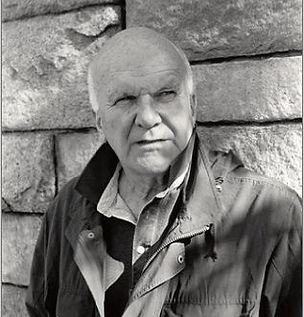Ned O'Gorman
(b. 1929)

He understood instinctively the notion of communitas that Goodman and Dennison and the others were after in the context of educating children. The Montessori school he opened nearly thirty years ago on 129th Street and Madison Avenue in West Harlem is a vision of school not merely as a place of instruction but as an integral part of a neighborhood, a living entity ecologically bound to sustaining and enriching the lives of children and adults. "The Storefront"(Harper and Row, 1970) is one of the most personal and lyrical pieces of education writing that we have in America. It offers a kind of urban pedagogy that is rooted in the world of housing projects, racism, and growing up black, gifted and labeled.
It is a document of personal and political struggle in the age of Nixon and napalm, when a generation of educators/activists believed in the transformative possibilities of education. It is also a journey book, of a teacher finding his calling by starting a storefront school in Harlem.
It is important because it shows how the heart can speak of all the mysteries and complexities of teaching and learning with eloquence and lyricism without once using a syllable of jargon.
He is one of the unsung and unappreciated heroes of education in America. If we forget the work of the O'Gormans, the Herndons and the Kohls, we lose important narratives of hope and resiliency, which no one in the collective efforts to transform our schools can ever afford to forget.